Geothermal systems are a smart choice for homeowners looking to reduce their energy bills and carbon footprint. Open-loop systems stand out for their efficiency and simplicity among the various geothermal systems. These systems use groundwater or surface water as a heat exchange medium, making them practical for heating and cooling your home.
In the following sections, we will dive into how open-loop geothermal systems operate, their key benefits, and important considerations for installation and maintenance.
How Open Loop Geothermal Systems Work
Open-loop geothermal systems draw water from a well, lake, or pond to use as a heat exchange medium. Here’s how it works:
1. Water Source: First, the system extracts water from a reliable source, such as a well or a body of water. This source of water must be plentiful and clean to ensure efficient operation.
2. Heat Exchange: The water passes through a heat pump, which either absorbs heat from your home (in the summer) or transfers heat to your home (in the winter). The heat pump is the system’s core, making it crucial for the temperature exchange process.
3. Return Water: After the heat exchange, the water is returned to its source or another suitable location. This re-discharge maintains the water cycle, making the system renewable and environmentally friendly.
This method is effective because natural groundwater or surface water temperatures remain stable throughout the year. This stability allows the heat pump to work efficiently, regardless of outdoor air temperatures. The system uses electric power, but its efficiency often results in lower energy consumption than traditional heating and cooling systems.
Key Benefits of Open Loop Systems
Open-loop geothermal systems offer several advantages that make them appealing to homeowners:
1. Efficiency: One of the primary benefits is high efficiency. Because these systems use relatively stable groundwater or surface water temperatures for heat exchange, they require less energy to heat or cool your home. This can lead to noticeable reductions in your energy bills.
2. Environmentally Friendly: Open-loop systems have a small environmental footprint. They produce no direct emissions since they rely on natural water sources for temperature regulation, making them a green choice for eco-conscious homeowners.
3. Cost-Effective: Although the initial installation can be expensive, the system’s efficiency and long lifespan offer significant long-term savings. Over time, reduced energy bills and minimal maintenance needs can offset the initial costs.
4. Lower Maintenance: Open-loop systems generally have fewer components than closed-loop systems. Fewer parts can wear out or break down, lowering maintenance requirements.
5. Consistent Performance: Because the temperature of the water used in the system remains constant throughout the year, the performance of open-loop systems is reliable and consistent, providing stable indoor climate control all year round.
By understanding these key benefits, homeowners can better appreciate why an open-loop geothermal system might be ideal for sustainable and efficient home heating and cooling.
Installation and Maintenance Considerations
Installing an open-loop geothermal system involves several key steps. First, a water source must be identified and tested to ensure it provides adequate and clean water for the system. Typically, a well or a pond is used, but confirming the source’s reliability is essential.
Once a suitable water source is identified, the installation process begins. This usually involves drilling wells and installing pipes to transport the water to and from the heat pump. Hiring experienced professionals to handle the installation is essential, as proper setup ensures the system’s efficiency and longevity.
Maintenance for open-loop systems is relatively straightforward. Regular checks should ensure the water source remains clean and unobstructed. The heat pump should also be inspected periodically to ensure it operates efficiently. Occasionally, the system’s pipes might need cleaning to prevent mineral buildup. While open-loop systems generally require less maintenance than closed-loop systems, regular maintenance is crucial to keep the system running efficiently and prevent potential issues.
Comparing Open Loop and Closed Loop Systems
Open-loop and closed-loop geothermal systems have several differences that homeowners should understand when considering options. Here are some key points of comparison:
1. Efficiency: Both systems are highly efficient, but open-loop systems can sometimes be more efficient due to the consistent temperature of the groundwater used.
2. Installation Cost: Open-loop systems generally have lower initial installation costs because they don’t require extensive ground loops. However, they do need a reliable water source.
3. Water Usage: Open-loop systems require significant water, which is returned to the environment. On the other hand, closed-loop systems use a fixed amount of fluid in a closed loop.
4. Maintenance: Open-loop systems usually have fewer components but might need more frequent inspections to ensure the water source remains clean and the pipes are free from mineral deposits. Closed-loop systems require less interaction with water sources but might need antifreeze solutions to maintain efficiency.
5. Environmental Impact: Both systems are environmentally friendly, but open loop systems must be carefully monitored to ensure the used water is returned well and contaminant-free.
Conclusion
Open-loop geothermal systems offer a fantastic way to heat and cool your home while being environmentally friendly and efficient. These systems harness the stable temperatures of groundwater to provide consistent and cost-effective climate control. The benefits, including lower energy bills and minimal environmental impact, make them an attractive option for many homeowners.
However, a reliable water source is essential, and installation and maintenance needs must be considered. Comparing open-loop and closed-loop systems can also provide valuable insights to help you choose the best system for your home.
If you’re ready to explore geothermal system installation in West Michigan or need expert advice, contact Adam’s Heating & Cooling. We specialize in geothermal systems and can help you find the perfect solution for your home. Call us today to learn more and start making your home more energy-efficient.

